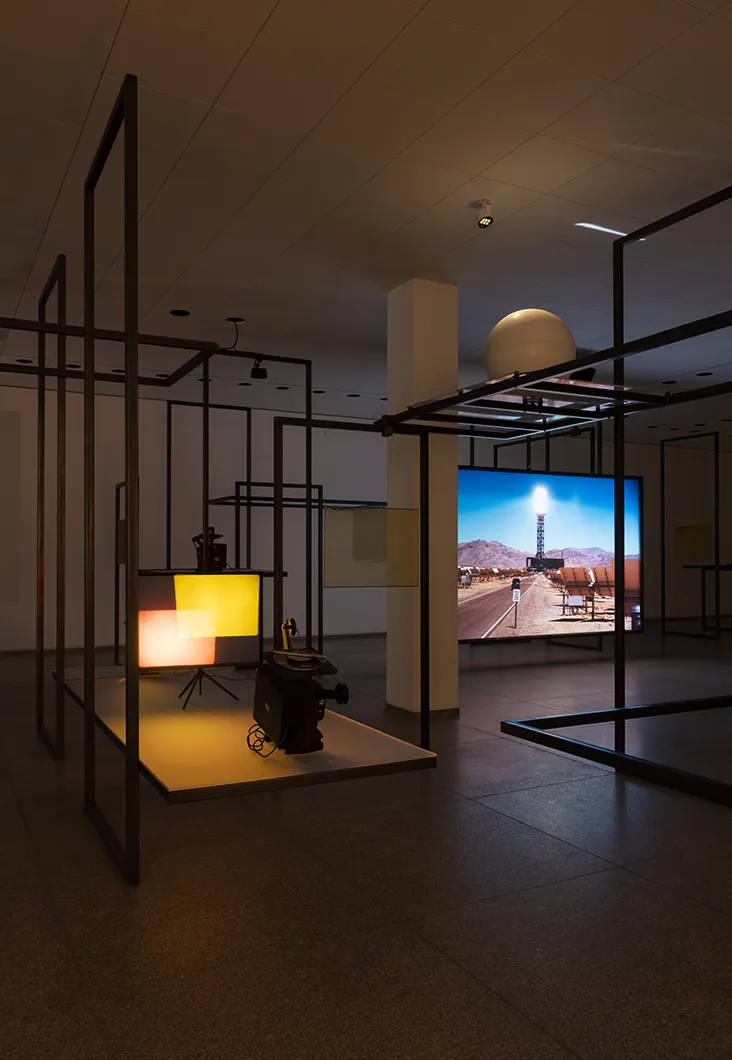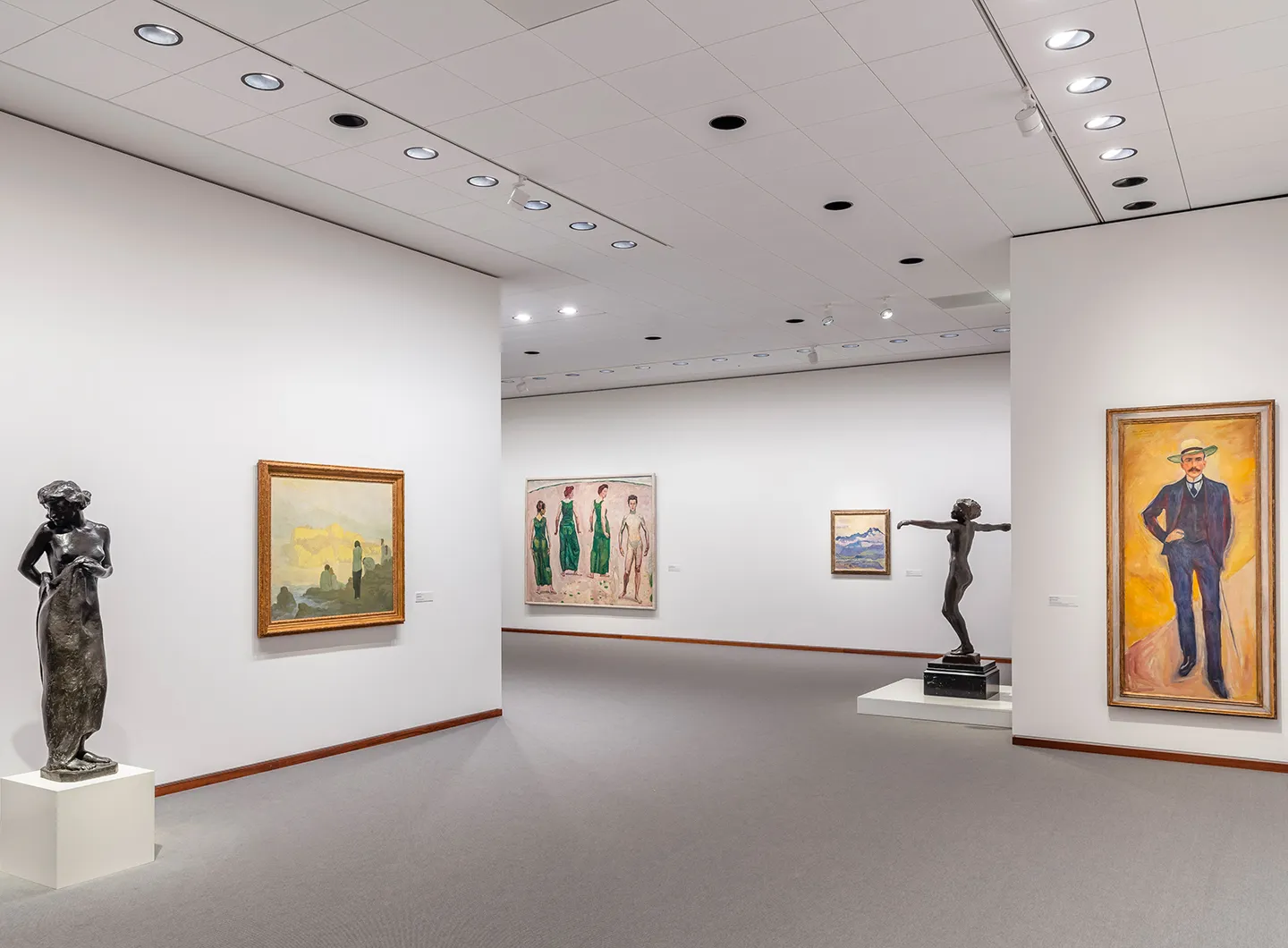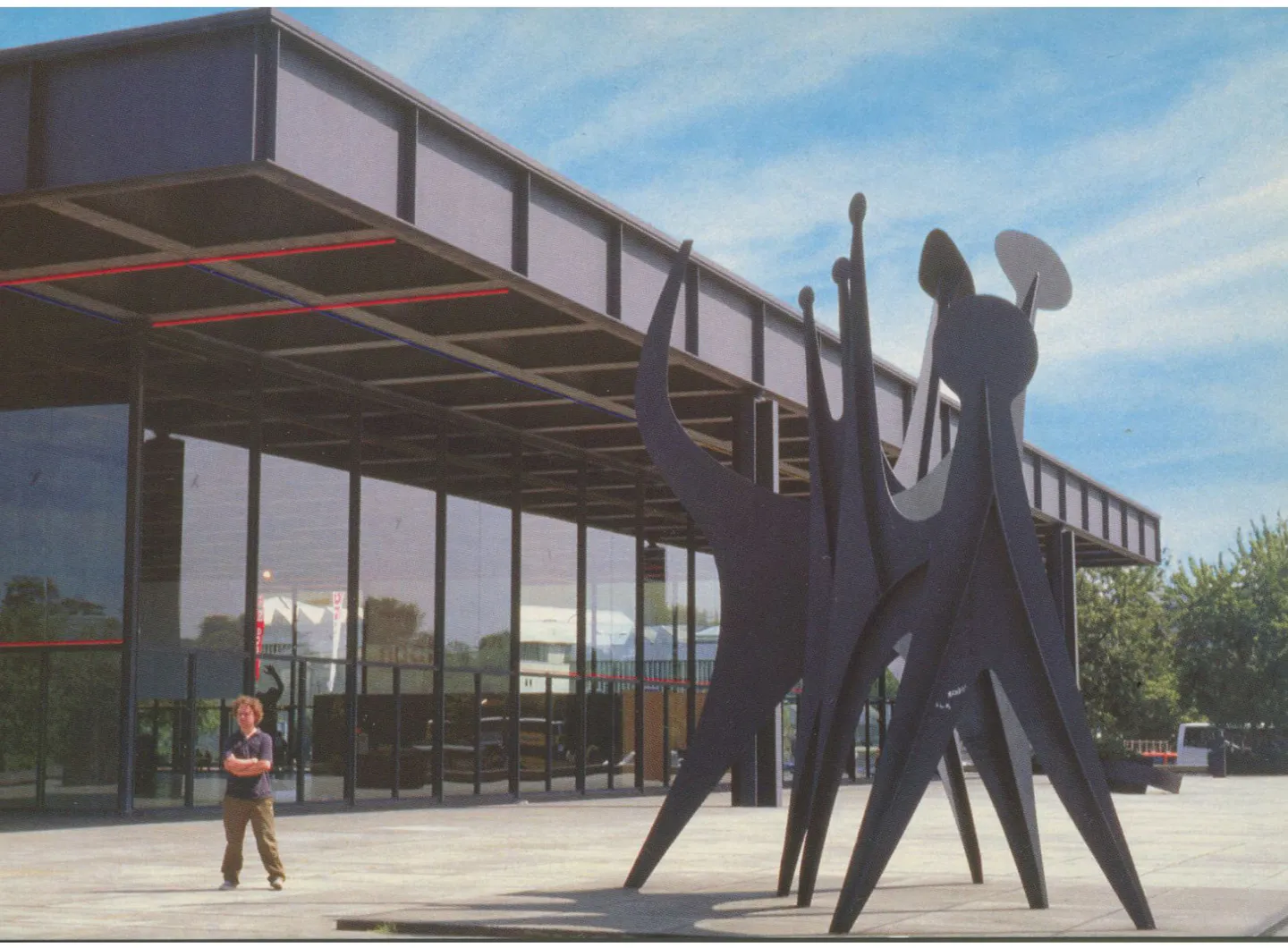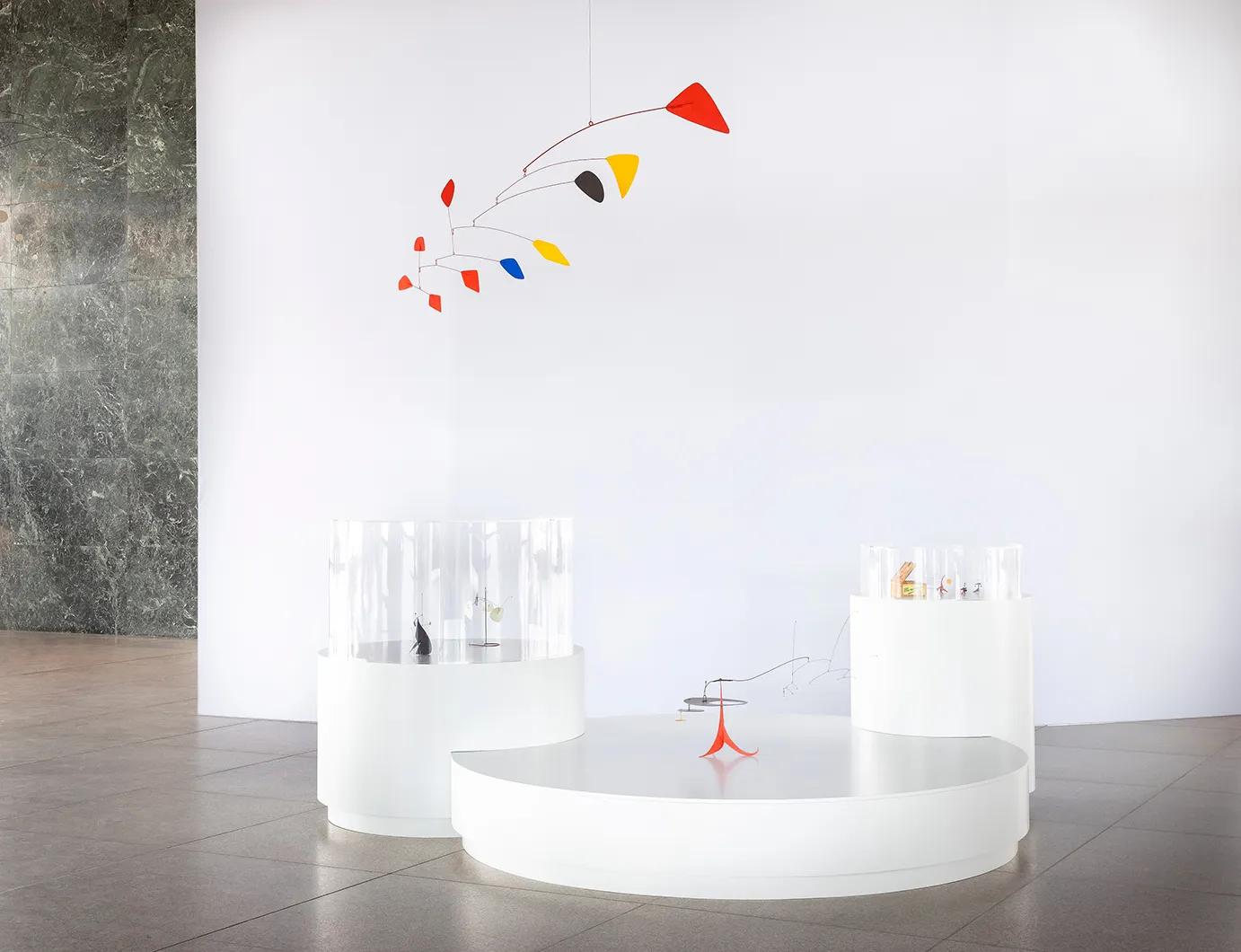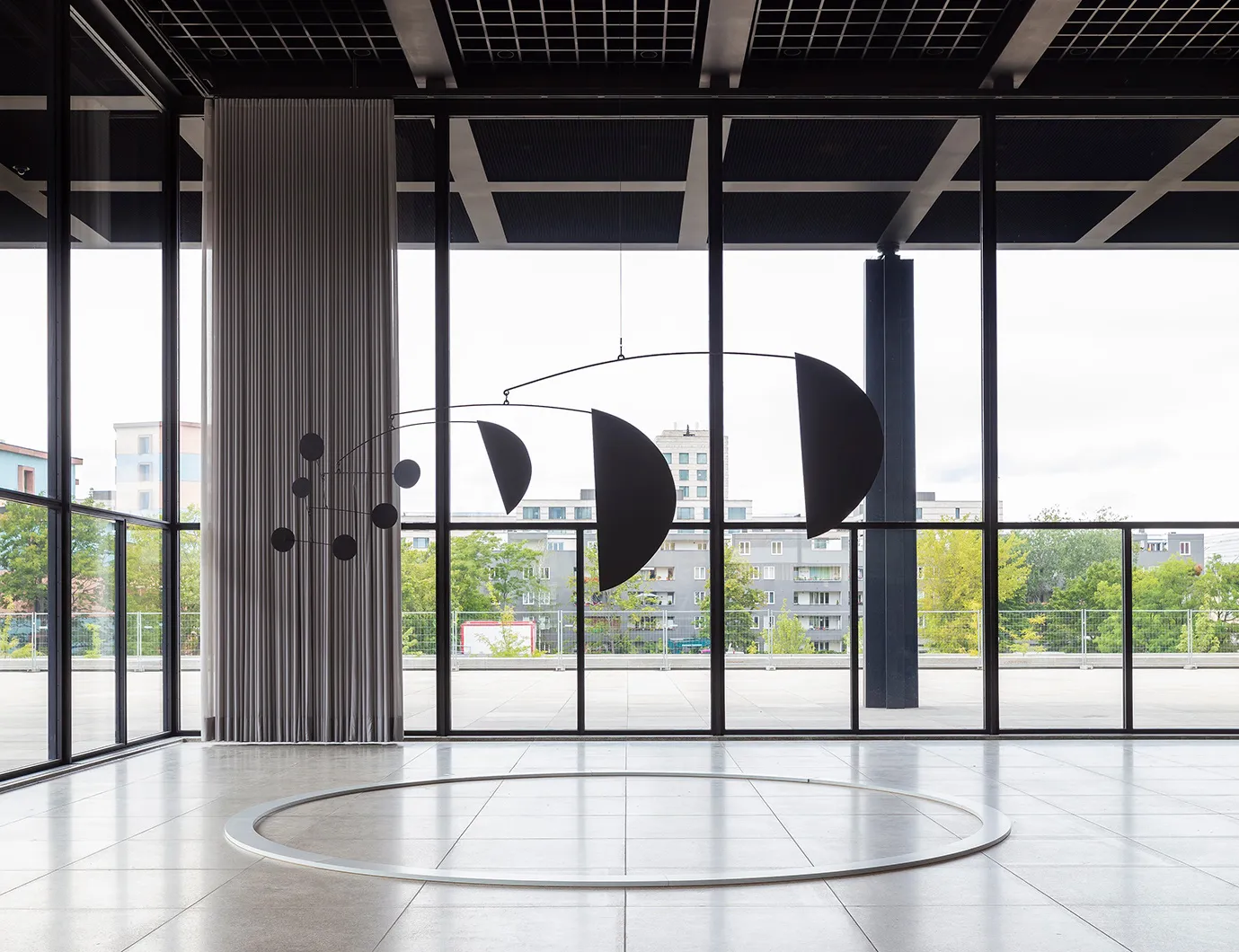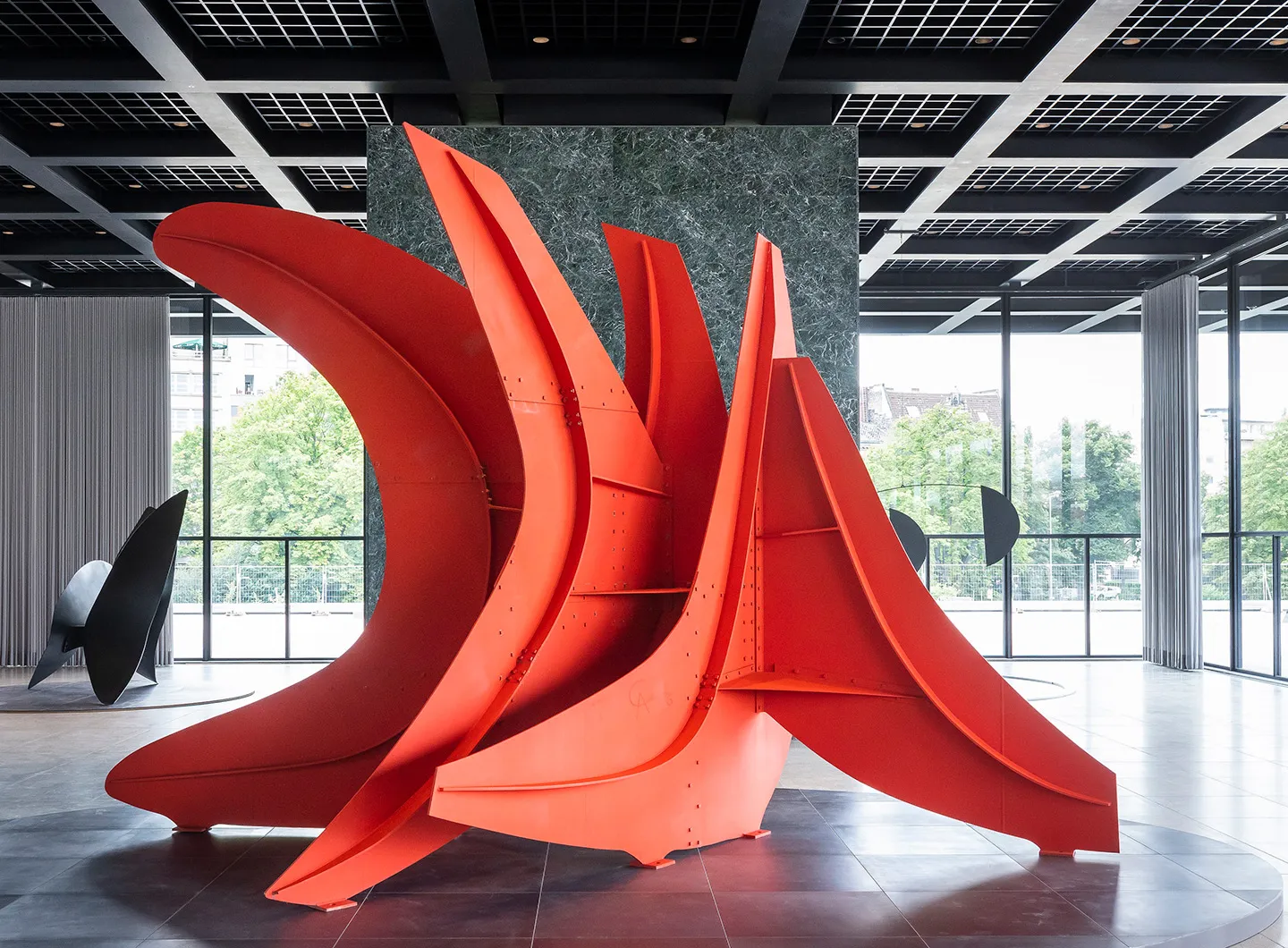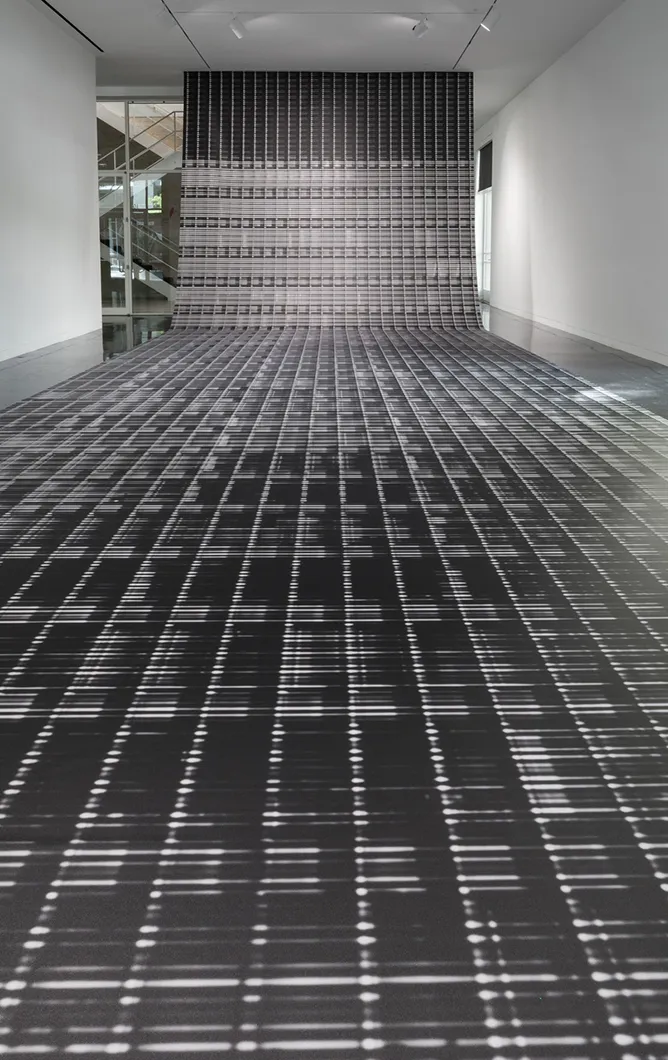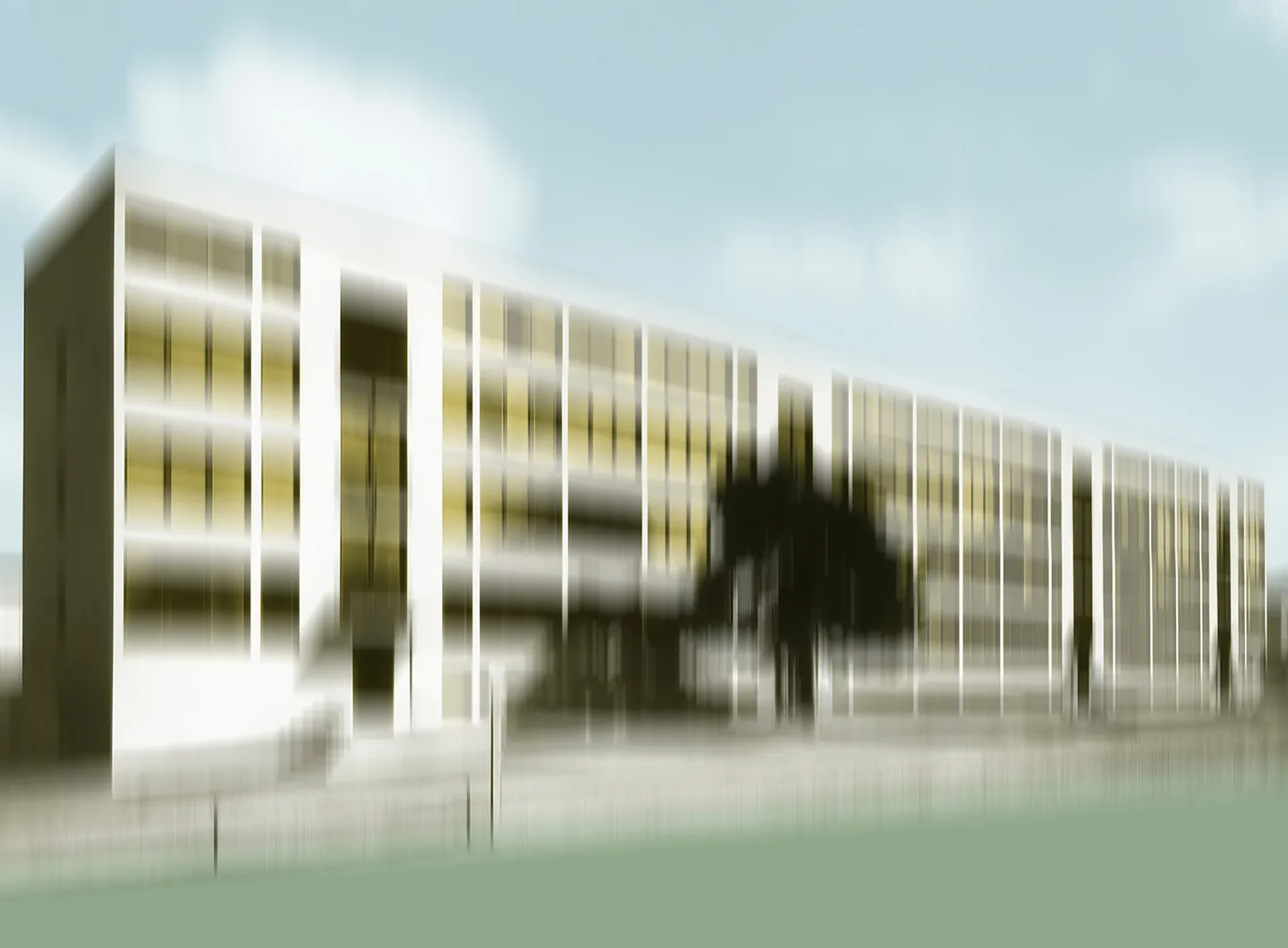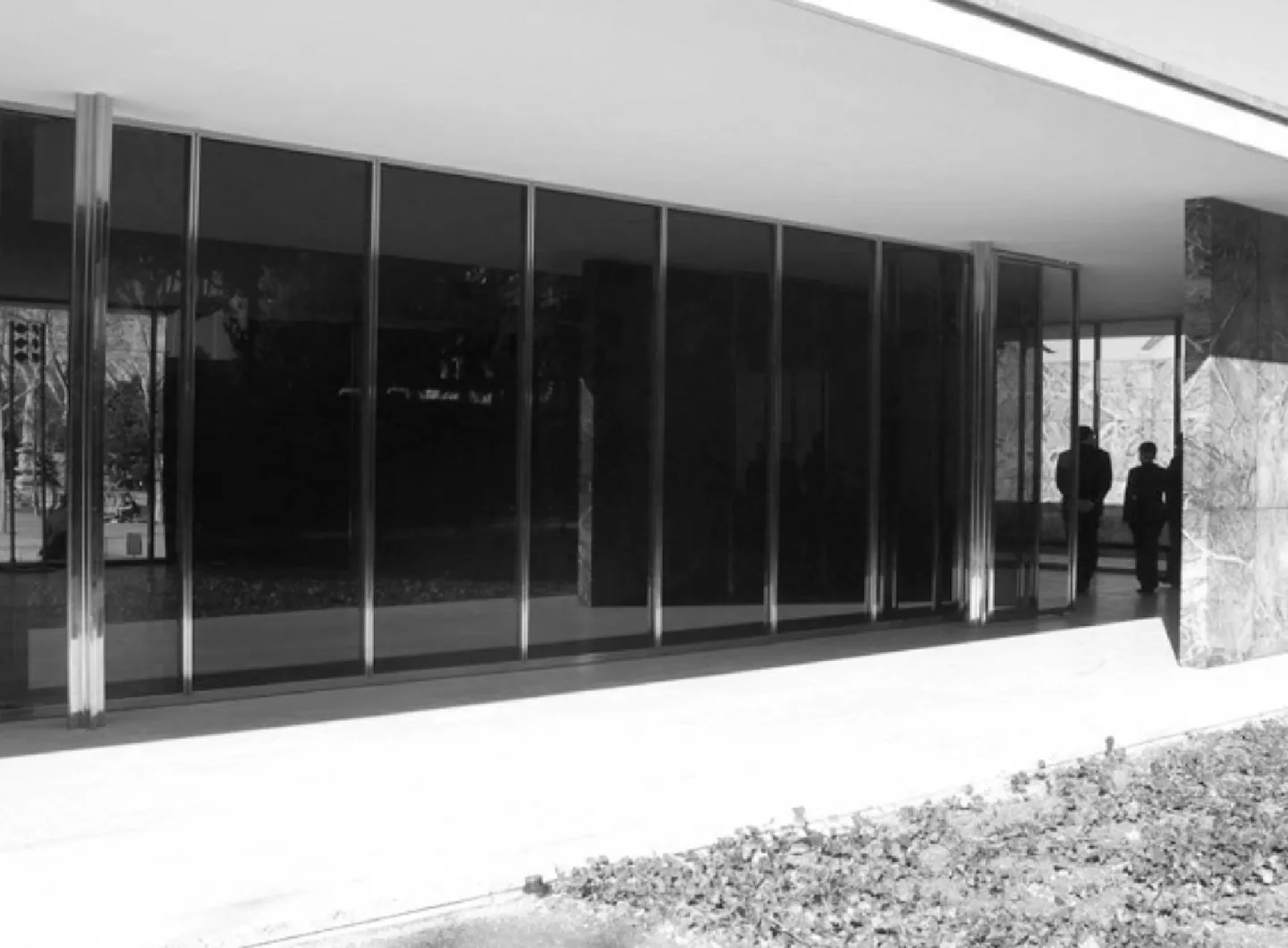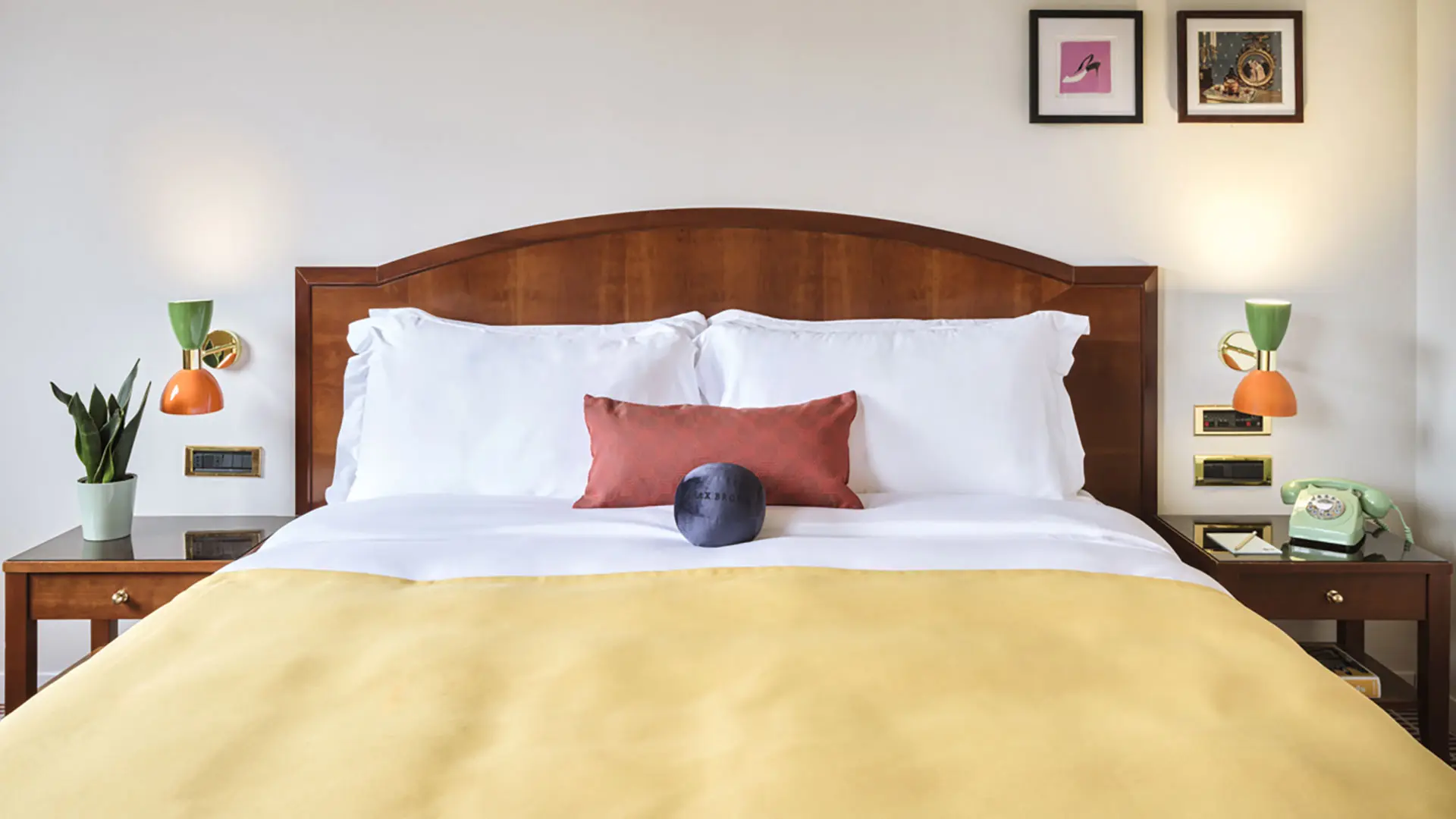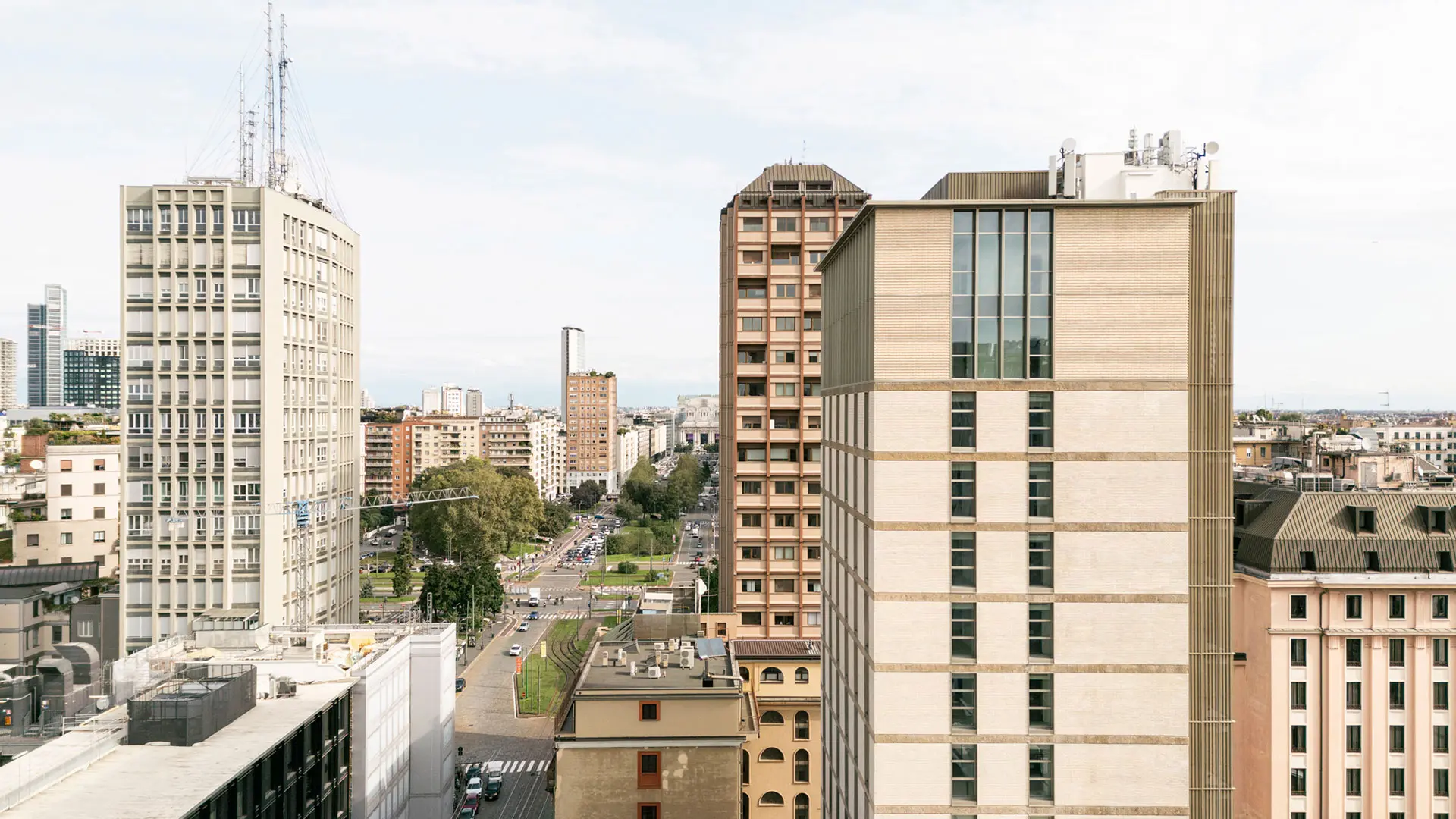In partnership with MiCodmc, a selection of establishments ripe for discovery during the 63rd edition of the Salone del Mobile.Milano, from 8th to 13th April
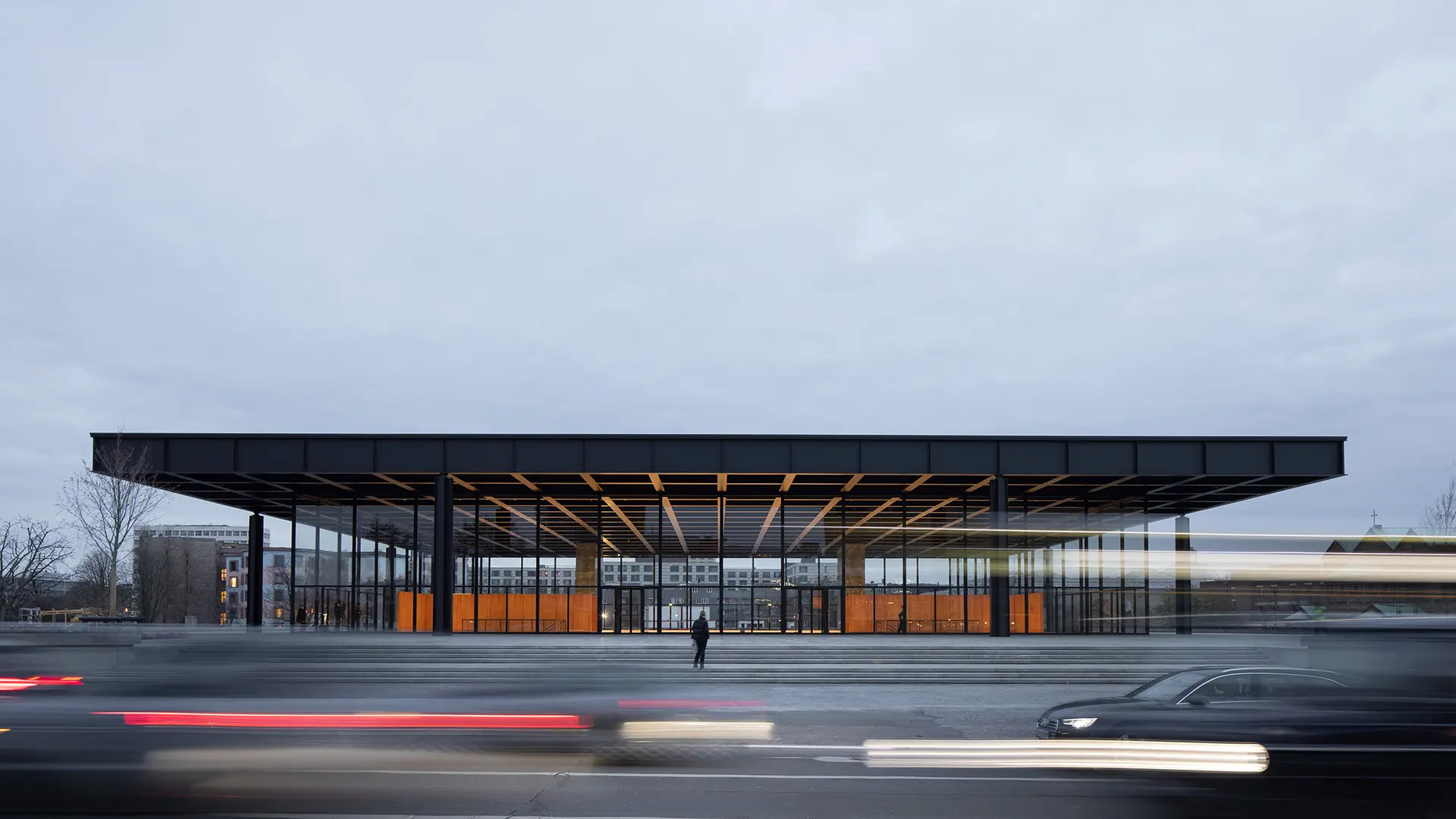
Neue Nationalgalerie, Außenansicht / Exterior view, 2021© BBR / Thomas Bruns / Ludwig Mies van der Rohe / VG Bild-Kunst, Bonn 2021
Marking the reopening of the Neue Nationalgalerie after its renovation by David Chipperfield, the city’s art scene pays tribute to a building that stands as a symbol of modern architecture.
Following a six-year renovation by the British architect David Chipperfield, Berlin’s Neue Nationalgalerie, the museum of modernity, as its director Joachim Jäger puts it, reopened on 22nd August. “This building represents the real Mies Van Der Rohe,” he said, “a building devoid of function, which can be adapted to any purpose, in fact it was originally designed for the Bacardi headquarters in Cuba, prior to Fidel’s arrival. When it was built here during the second half of the Sixties, there was nothing else around, apart from Hans Sharoun’s Philharmonic Orchestra. It appeared from Chicago like a UFO. Our aim is now for it go back to being a place for reflection on the modern age.”
Chipperfield’s intervention has been minimal, especially on the top floor of the building, where his studio was keen to leave no trace of his work, and which has been restored conservatively, as one might a masterpiece by Picasso. “We discussed every detail almost maniacally in order to respect the history of the building. Chipperfield’s goal was to remain invisible,” said Joachim Jäger. On the floor beneath, the idea was to create a museum that would respond to current demands, and so a visitors’ lift was installed and the repository moved to accommodate an exposed concrete cloakroom.
To celebrate the reopening, a large exhibition of the work of the American artist Alexander Calder, the inventor of moving sculptures, is being held for the first time in 50 years in Berlin. Entitled Minimal / Maximal, the exhibition takes up the entire upper floor space, striking up a dialogue between the monumental sculptures and fragile miniatures, specially “activated” twice a day for the general public. The lower floor contains a new permanent collection display with a focus on the first half of the 20th century and on the social changes that characterised the turbulent years from World War I to the Weimar Republic, up to the ascent of National Socialism and World War II.
The focus on modernity notwithstanding, there could be no question of not including contemporary art in a bid to underscore Mies van der Rohe’s enduring influence not just on the designers but also on the artists of today. The Berlin-based Italian artist Rosa Barba was invited to conceive an ad hoc project in the Neue Nazionalmuseum’s Grafisches Kabinett. Taking inspiration from the more or less abstract plan for the Brick Country House, which was never built, the artist has created a metal structure in which she has inserted 15 of her own works from 2009 to the present day - a frame drawn from Mies van der Rohe’s concept of architecture as a new way of living, playing with the light, the transparency, the margins and the continuity of the space, just like the building in which it is located.
The refurbishment of this major modernist building, a symbol of Berlin and Post-War architecture, has fired the imagination of the city as a whole, to such an extent that it is also being celebrated beyond the confines of the museum. To mark the occasion, 31 contemporary art galleries have put together an equal number of two-day exhibitions inspired by Mies van der Rohe and Neue Nationalgalerie, on from 20th to 22nd August. The initiative, Mies in Mind, was the brainchild of the gallerists Mehdi Chouakri, Marie-Blanche Carlier and Ulrich Gebauer and was sponsored by Index, an organisation that has been publishing the calendar of the city’s art events for the last 20 years.
The Buchmann Galerie, for instance, is showing the great installation Suspended Mies by the German artist Bettina Pousttchi, a monumental photograph on fabric that reproduces the façade of the Seagram Building in New York, which was exhibited for the first time in another building connected with the history of the architect’s oeuvre, the Arts Club in Chicago. Iñigo Manglano-Ovalle’s video work The Kiss, on the other hand, showcased at the Galerie Thomas Schulte, draws on the private home Farnsworth House in Illinois, again taking up the idea of transparency but also the theme of a supposed relationship between Mies and the owner of the villa. Wilhelm Klotzek’s work at Klosterfelde Edition is practically invisible. It isn’t within the gallery space, but is a photograph printed on an A4 sheet in a corner of the window, in which the Neue Nationalgalerie itself only appears as the backdrop for an everyday event: a ticket check on a bus making its way past the museum.
The Sprüth Magers gallery has put together a collective exhibition featuring eight artists who have had major exhibitions at the Neue Nationalgalerie, such as Otto Piene, Jenny Holzer and Reinhard Mucha. A video-installation by the latter documenting a previous intervention in 1982, in which the artist has amassed all the furnishing elements of the Neue Nationalgalerie in a single large sculpture, is on show. There are also a number of works that are testament to Mies van der Rohe’s legacy and its resonance today, not just in Berlin.
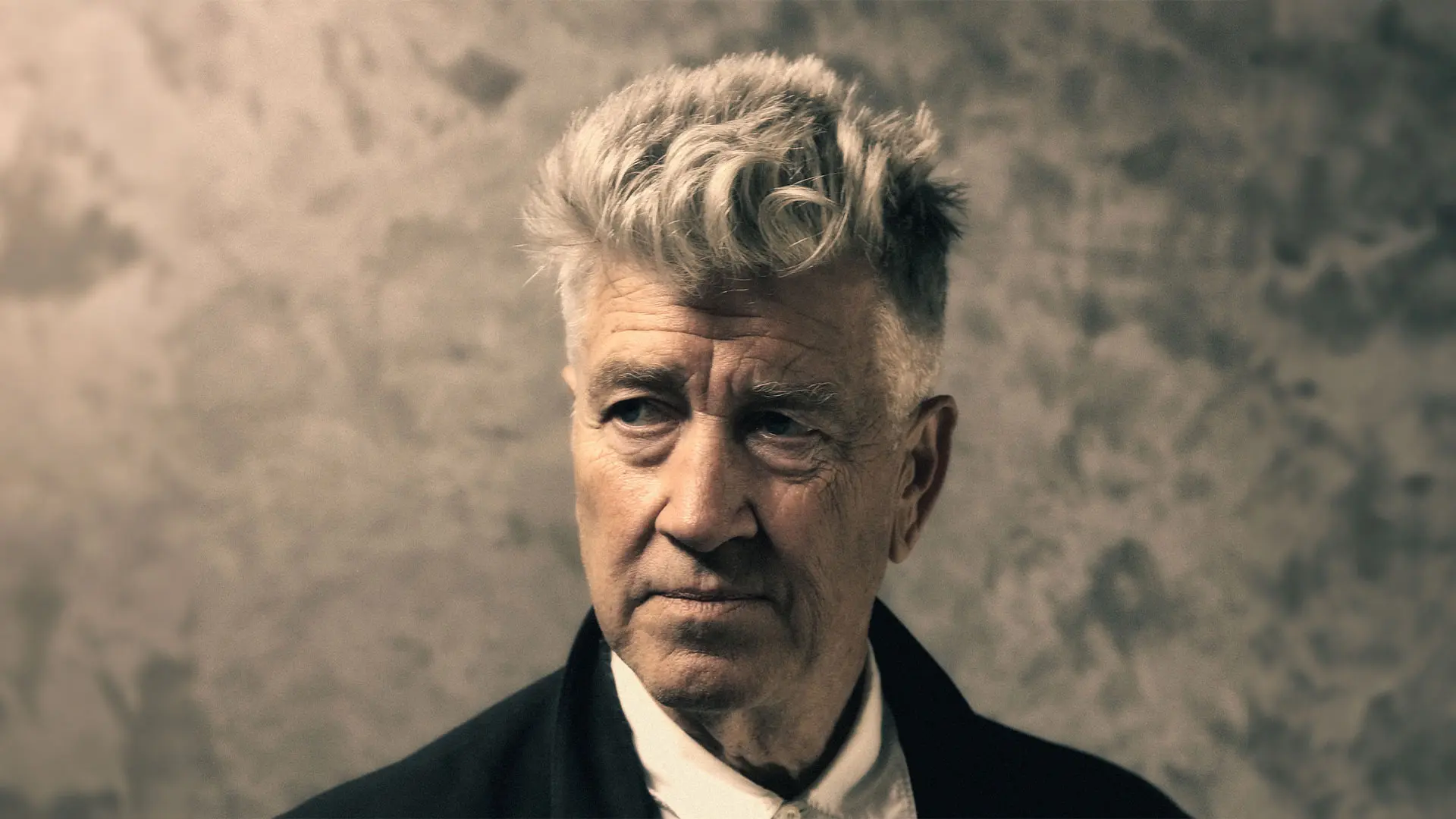
In memoriam: David Lynch
The American director has left us at the age of 78. The Salone del Mobile.Milano had the honor of working with him during its 62nd edition, hosting his immersive installation titled “A Thinking Room”. An extraordinary journey into the depths of the mind and feelings. His vision will continue to be a source of inspiration.



 Salone Selection
Salone Selection
